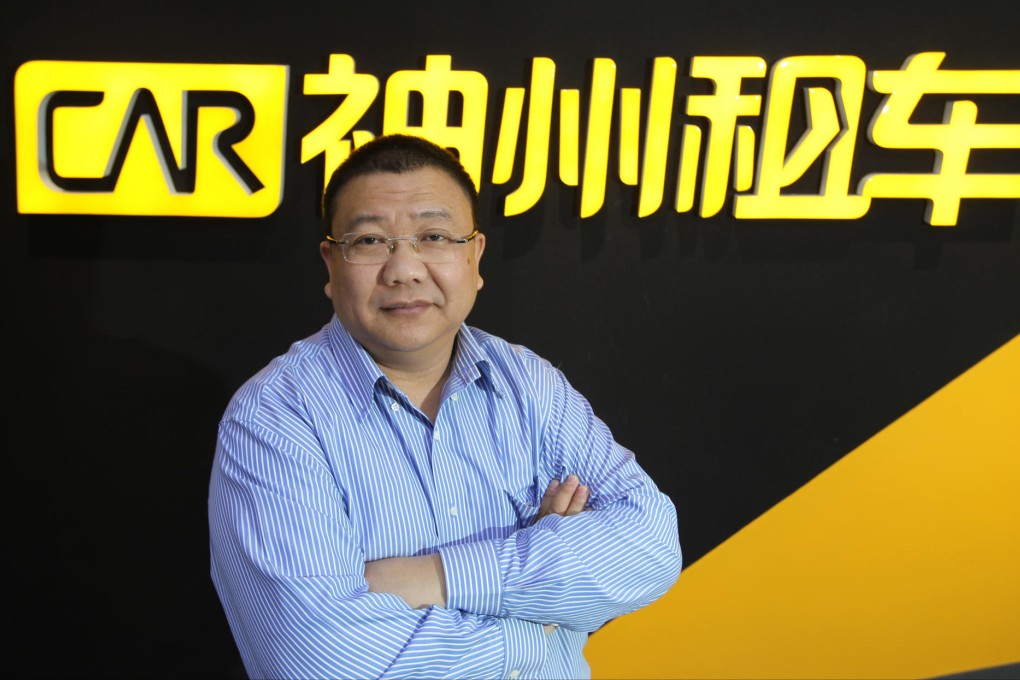Chinese rental company Car Inc plans expansion into internet-based, mobile services
Leading rental company Car Inc is expanding into internet-based and mobile services as demand for chauffeur-driven vehicles pushes growth

It is known as the mainland's leading car rental company, but Car Inc is breaking with tradition and, riding on China's internet frenzy, is creating a mobile platform that will offer solutions for various travel needs.
"Car Inc is more an internet company, not just a traditional car rental company," chairman Lu Zhengyao told the South China Morning Post in Beijing.
"Automobile consumption habits will see fundamental changes in the coming years, with fewer people buying cars and more opting to rent or use chauffeured services," he said.
With a background in computing, Lu said he attached great importance to innovation and technology.
Car Inc currently operates its traditional car rentals and chauffeured services under a business-to-consumer model, but it is planning a peer-to-peer (P2P) platform that can put the different services together.
"Customers' travel needs can be very different, so we put different choices in one app to meet their demands."